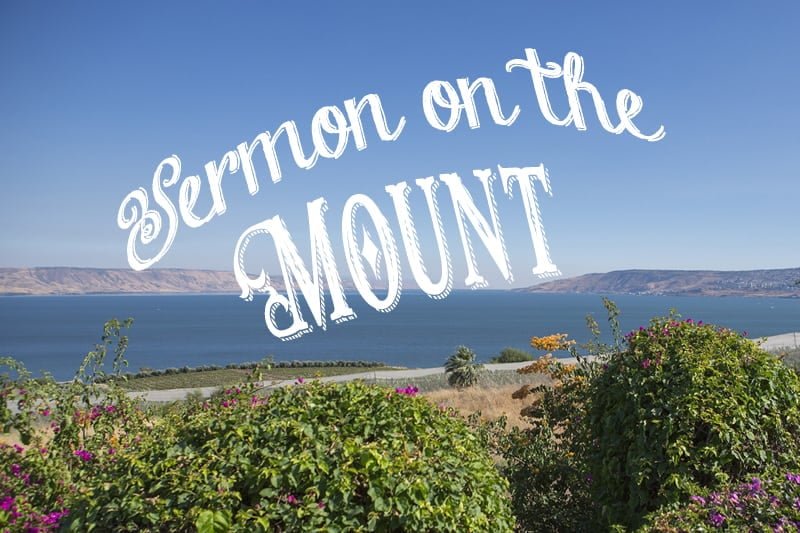⏱️ Estimated Reading Time: 4 min read
Matthew 7:24-29, “24 “Everyone then who hears these words of mine and does them will be like a wise man who built his house on the rock. 25 And the rain fell, and the floods came, and the winds blew and beat on that house, but it did not fall, because it had been founded on the rock. 26 And everyone who hears these words of mine and does not do them will be like a foolish man who built his house on the sand. 27 And the rain fell, and the floods came, and the winds blew and beat against that house, and it fell, and great was the fall of it.” 28 And when Jesus finished these sayings, the crowds were astonished at his teaching, 29 for he was teaching them as one who had authority, and not as their scribes.”
Some liberal scholars want us to believe that the Synoptic Gospels (Matthew, Mark, and Luke) do not share John’s understanding of the authority of Christ (8:58; 10:30). They believe this since the first three Evangelists record few, if any, of Jesus’ self-identification with the Lord God Himself. We must understand that this is a scholarly assumption, not biblical truth. Matthew records several of Jesus’ teachings that reveal the Evangelist’s high view of the person and work of the Lord Jesus (Christology). Jesus in Matthew 7:21-23 claims that He has the right to determine who will enter into heaven and how only God can make such judgments (Eccl. 12:13-14). In the Sermon on the Mount, Jesus presents His interpretation of God’s law as having the final say (Matthew 5:21-48).
The Lord Jesus when He speaks, speaks as the Lord God. Unlike the scribes, Jesus does not cite other rabbis to prove His point. Jesus depends solely on His own understanding of Scripture so that the crowd that overhears His sermon is astonished in Matthew 7:28-29 by Him teaching as one with authority.
Matthew Henry says, “It is possible for people to admire good preaching, and yet to remain in ignorance and unbelief; to be astonished, and yet not sanctified.” You may be amazed at the teaching of Christ in the Sermon on the Mount, but that is not enough. You and I must build our lives on the solid rock of His Word. If you and I refuse to build our lives on His Word, then we will be like those whose houses rest upon the sand and are swept away by the floods (Matthew 7:24-27). The good works we do don’t merit salvation but they can demonstrate if saving faith is evidence in our lives, real trust in Christ is not present in our hearts without corresponding obedience of faith (Romans 1:5; James 2:14-26).
Building on Christ, Henry also says, means that we are always seeking “to conform to all the rules of his holy religion, and thus depend entirely on him for assistance from God, and acceptance with him, and count everything but loss and rubbish that [we] may gain Christ, and be found in him.” May our confession of Jesus’ authority translate into the doing of His words.
“On Christ, the solid rock, I stand; all other ground is sinking sand,” wrote Edward Mote. In endeavoring to serve Jesus, we see how far we fall short of His demands, confessing that our righteousness does not exceed that of the scribes and Pharisees (Matt. 5:20). This poverty of spirit (Matthew 5:3) drives us to the cross where Jesus picks us up, making us more sorrowful for sin and more ready to obey by the grace of God. This is what it means to build our lives on Christ’s words.




